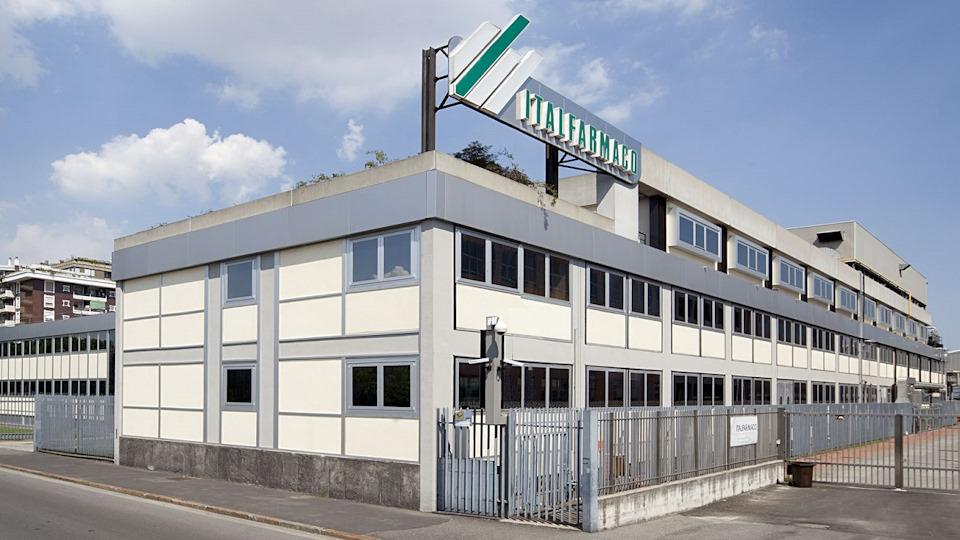FDA okays Italfarmaco’s non-steroidal DMD therapy Duvyzat

Italfarmaco’s oral HDAC inhibitor givinostat has been approved in the US as a treatment for Duchenne muscular dystrophy (DMD), becoming the first non-steroidal option for patients with all genetic variants of the disorder.
The drug, which will be sold as Duvyzat, has been cleared to treat patients aged six and over with the progressive muscle-wasting disease, which mostly affects boys and typically has a life expectancy of 30 years or less, who are still able to walk (ambulatory).
Duvyzat works by targeting pathogenic processes to reduce inflammation and loss of muscle in DMD. It has been tested as an add-on to standard corticosteroids for DMD, and could offer an alternative for drugs that specifically target genetic mutations like Sarepta Therapeutics’ Exondys 51 (eteplirsen), Vyondys 53 (golodirsen), and Amondys 45 (casimersen), and NS Pharma’s Viltepso (viltolarsen).
In the phase 3 EPIDYS study, Duvyzat was shown to slow down disease progression over 18 months compared to placebo, measured using the decline from baseline in the time needed to climb four stairs.
The average reduction from baseline was 1.25 seconds for patients receiving Duvyzat compared to 3.03 seconds for the placebo group, according to data published recently in The Lancet Neurology.
Patients taking Italfarmaco’s drug also saw a slower decline in physical function over 18 months, as measured by the North Star Ambulatory Assessment (NSAA) scale, which is widely used in DMD therapy assessments. The drug was well-tolerated, with the most common side effects diarrhoea, abdominal pain, reduced platelet counts, nausea/vomiting, elevated triglycerides, and fever.
Italfarmaco’s chief medical officer, Paolo Bettica, said the company’s focus now is “to make Duvyzat available as a treatment for DMD management in the US as quickly as possible.” The company has also set up a US company, called ITF Therapeutics, to handle the commercial launch of the drug and others in its rare diseases pipeline. The drug is also under regulatory review in Europe.
It also offers the possibility of improved therapy for patients who do not have any options beyond steroids, which can have serious side effects over the long term, and the prospect of combining it with other drugs to improve patient responses.
Along with Sarepta and NS Pharma’s exon-skipping therapies, which together cater for approximately a third of patients, Sarepta also has FDA approval for a gene therapy, Elevidys (delandistrogene moxeparvovec), which can be used to treat ambulatory DMD patients aged four to five.
Another new treatment option is Catalyst Pharma’s Agamree (vamorolone), a novel corticosteroid that was approved by the FDA last summer for DMD patients aged two and above. It is thought to be less likely to cause side effects like growth stunting and immune suppression than current steroids used for DMD.
Pat Furlong, founding president and chief executive at patient organisation Parent Project Muscular Dystrophy (PPMD), said the approval of Duvyzat “brings great hope for the Duchenne community, and we believe this will be a key therapy to prevent disease progression.”












